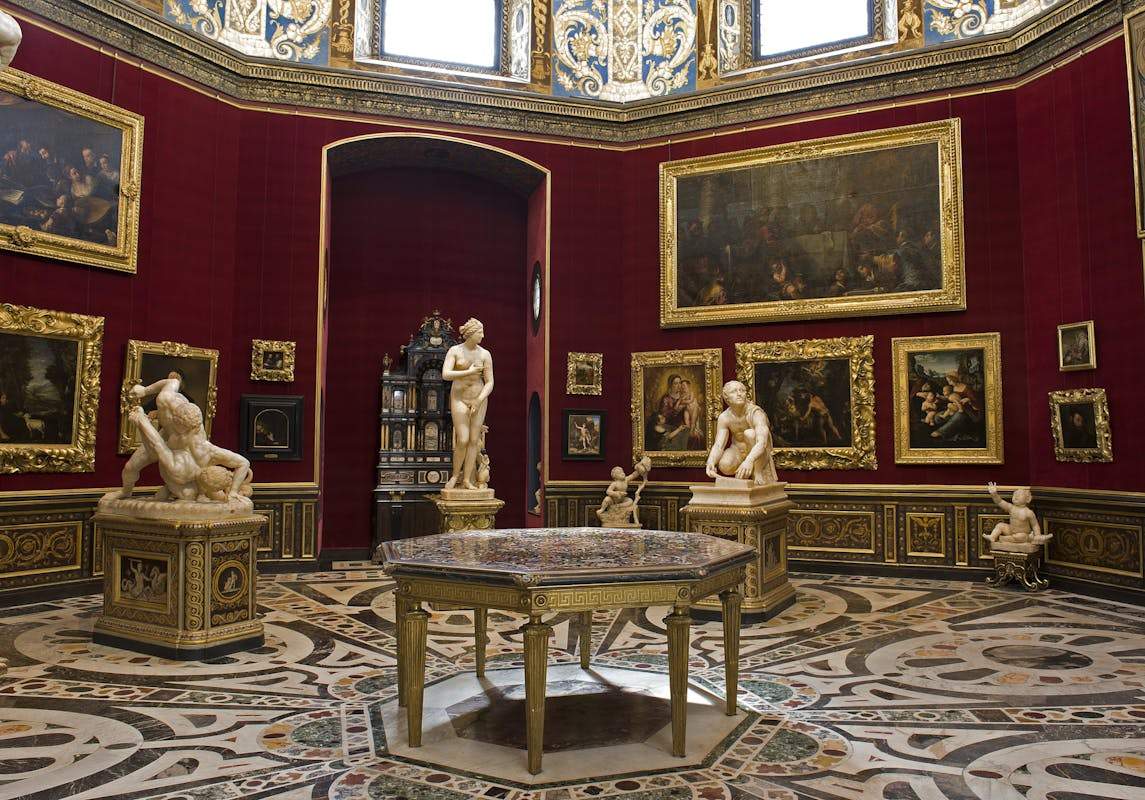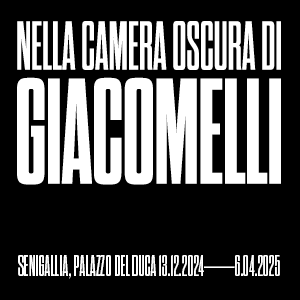Florence's Uffizi and state museums, Opera workers strike
Strike in Florence’s state museums: doors closed on Saturday, July 1 at the Uffizi and Tuscany Regional Directorate museums, with guaranteed openings only at the Uffizi (from 8:15 a.m. to 1:50 p.m.), the Boboli Gardens (from 8:15 a.m. to 1:50 p.m.), the San Marco Museum (from 8:15 a.m. to 11:30 a.m.), the National Archaeological Museum of Florence (from 8:15 a.m. to 11:30 a.m.) and theOpificio delle Pietre Dure (from 8:15 a.m. to 11:30 a.m.).
The mobilization was called by Filcams Cgil, UilTucs and Rsu because, the unions explain in a note, workers of Opera Laboratori Fiorentini, or the company that manages museum services in Florence, including the Uffizi Galleries, the Tuscan regional museum pole and the Opificio delle Pietre Dure, “have been mobilizing for weeks against the new concession tender for museum services that does not guarantee employment levels and the maintenance of the economic and regulatory conditions of more than 200 employees who have been working in the Uffizi museum system for 20 years. Tomorrow Saturday, July 1, a half-day strike with a garrison in the forecourt of the Uffizi in Florence at 1 p.m.”
The unions let it be known that they have tried in every way, in recent days, to have a confrontation with those in charge of the tender and with the director of the Uffizi Eike Schmidt (who is the Sole Processor of the tender) but “we have only received slaps in every venue,” explain Filcams CGIL, UilTucs and Rsu. “At the Prefecture’s crisis table, the Uffizi Gallery’s lawyers did not accept our objections and only bothered to ’stop’ the strike by challenging the procedures.”
Director Eike Schmidt himself, say the unions, “instead of meeting with the workers’ representatives, wrote to the Commissione di Garanzia (the arbitrator) to ask them to ’evaluate the possible illegitimacy of the strike.’”
“We are bewildered and disappointed,” say Filcams CGIL, UilTucs and Rsu, “because it seems clear that no one involved cares about the material conditions of 200 people who are risking their jobs and wages, and it makes us angry to think that theonly concern of those in charge of the contract is not to ruin the cover narrative that wants the Uffizi Museum to be a great place where everything works perfectly. Reality, on the other hand, is stronger than any little story, and reality tells of workers anxious about their future, tells of a city that produces obscene wealth while workers are increasingly poor, and tells of a precarity that finds no justification. This is actually an affair that concerns all the workers in the museum system’s contracts, workers who often experience very difficult working conditions, and it is also for them that we are mobilizing, to say once and for all that the wealth produced by museum tourism must go into the pockets of the workers and not only into the annuity and private companies.”
Finally, the Rsu agreed with the workers that workers unable to go on strike to “guarantee openings as essential services” will donate part or all of their work day to Mayer Children’s Hospital. “We will do this to remind all those who force us to strike half the day because they deem us ’essential publics’ in the event of a strike and second-class workers for everything else, that essential workers are those who save lives and go the extra mile for public health. Doctors, nurses are essential, and to remind the city and everyone of that, we decided to make this small ’rebellious’ gesture of solidarity.”
 |
| Florence's Uffizi and state museums, Opera workers strike |
Warning: the translation into English of the original Italian article was created using automatic tools. We undertake to review all articles, but we do not guarantee the total absence of inaccuracies in the translation due to the program. You can find the original by clicking on the ITA button. If you find any mistake,please contact us.






























